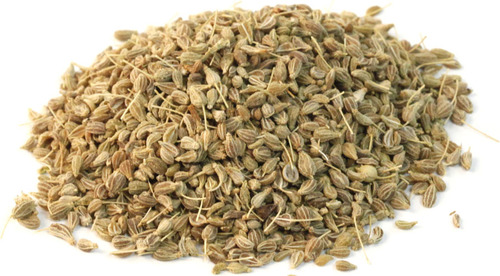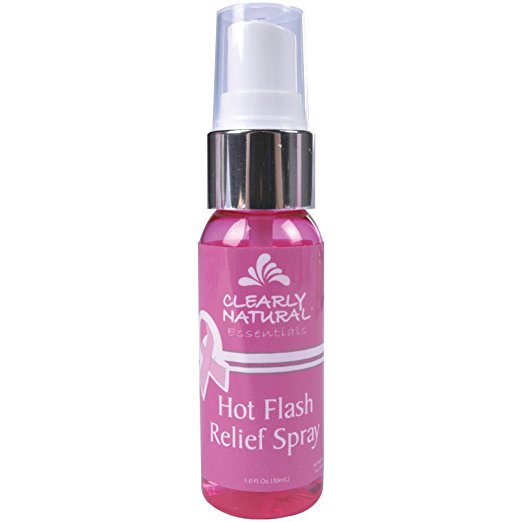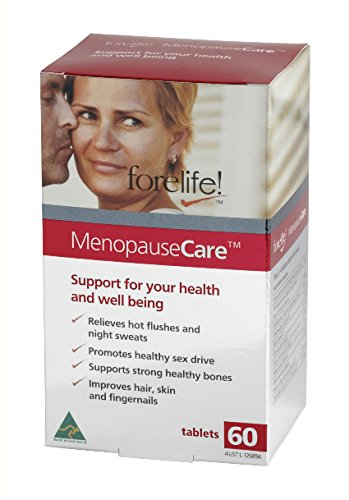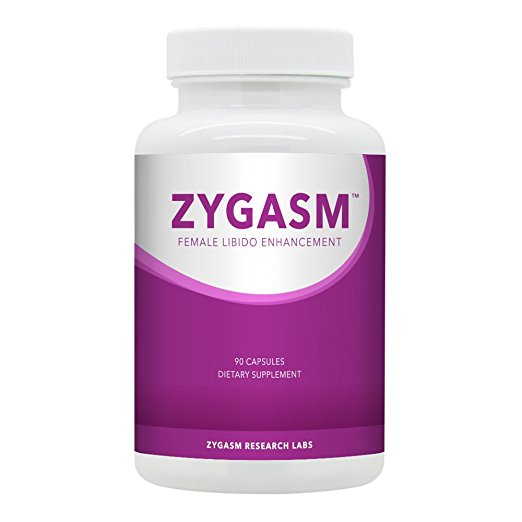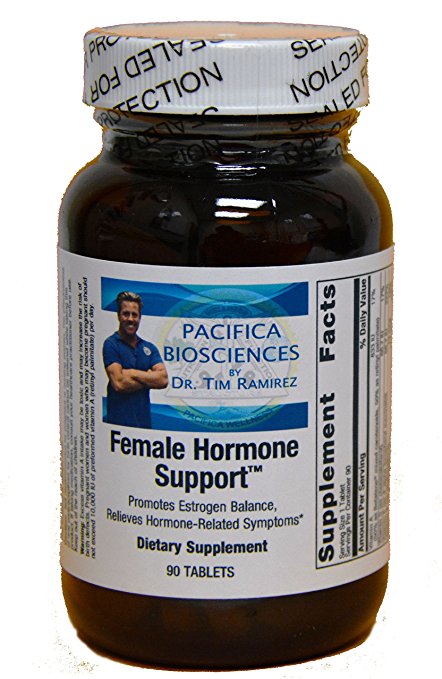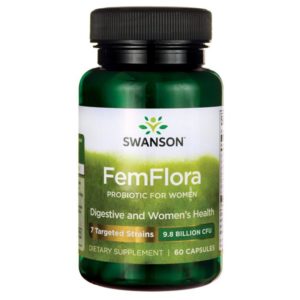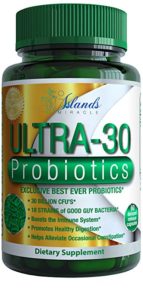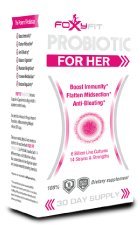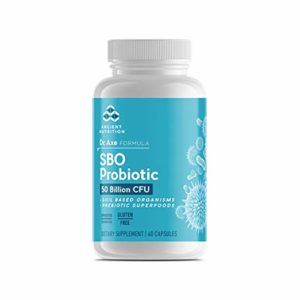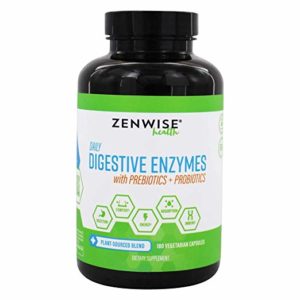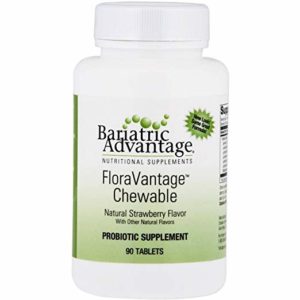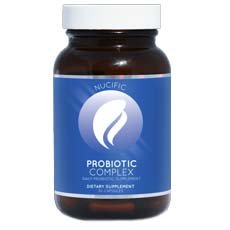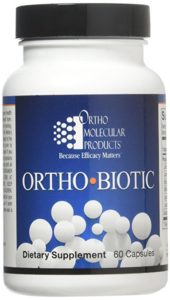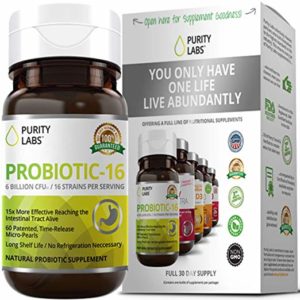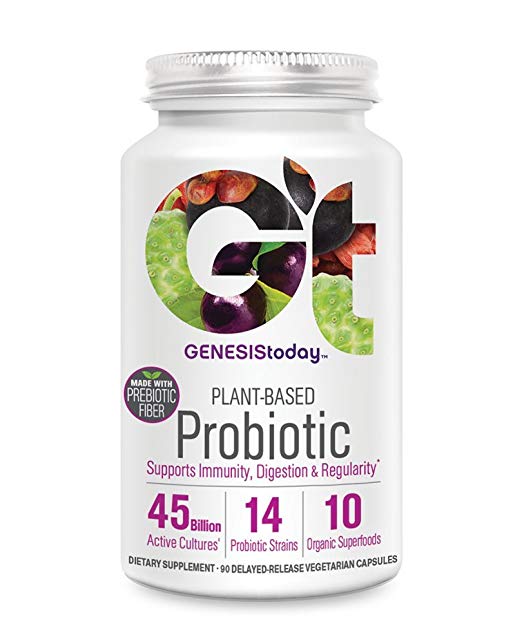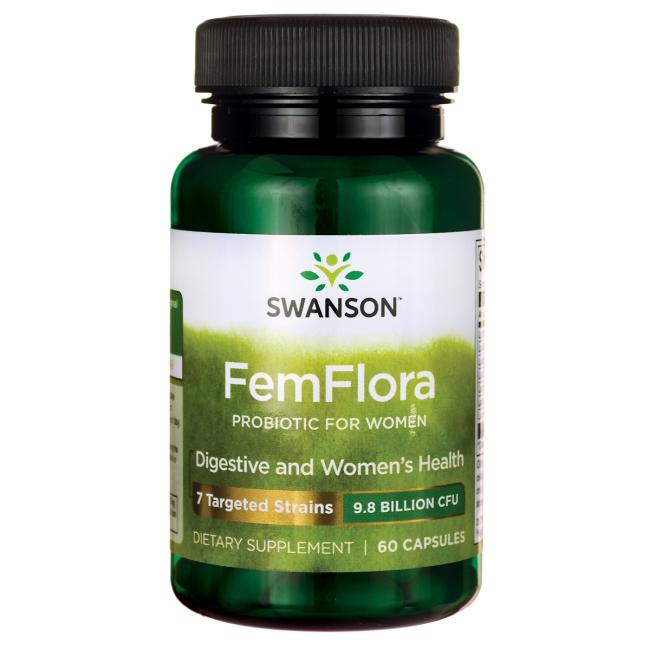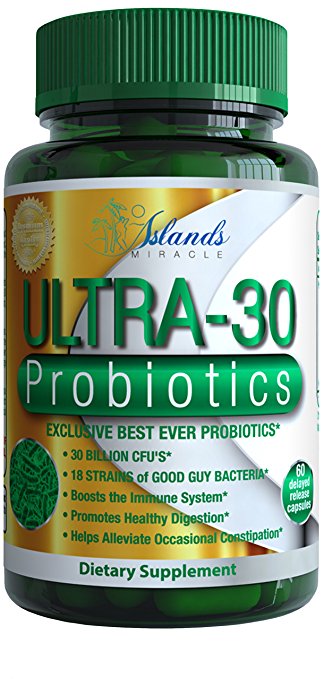
Feminine Issues?

The only All-Natural Product for:
- Feminine Issues
- Vaginal Odor
- Vaginal Itching
- Vaginal Discharge
Start Seeing A Difference Within a Few Days of Taking it!
WHAT'S THE PROOF?
Out of the tens of thousands of women that have tried Balance Complex, over 700 have been so impressed by the results, that they have voiced their results in the form of reviews for the product on Amazon, the world most TRUSTED online marketplace.
Below are just a few of the reviews of Balance Complex on Amazon:

"I have been looking for a probiotic to help with my feminine issues and this has done the trick!I have already recommended to other friends!" *

"I loved it. Just knowing that I was taking care of any problems that might occur that we as females go through gave me a piece of mind." *

"I was surprised it worked as fast as it did. Very Effective & Natural. I take one at night and one in the afternoon. And I feel so much better." *
Every order of Balance Complex on Amazon is backed by Amazon’s 100% money back satisfaction guarantee.
Try it for up to 90 days and if you aren't thrilled with the results, just notify Amazon and they will give you a full refund.

Yeast Infections And Sex
A yeast infection can increase your risk for STDs, and may pose some risk for your sexual partners.
Yeast infections are not sexually transmitted diseases (STDs), although they share many of the same symptoms, such as vaginal itching, burning, pain, and discharge. Given the prevalence of STDs and yeast infections, it’s not unreasonable for a woman to wonder if a yeast infection may increase her risk of other vaginal infections.
For the most part, though, yeast infections aren’t associated with developing an STD. However, by scratching to relieve vaginal itching, you may inadvertently create microscopic tears in the skin that allow bacteria or viruses that cause STDs to enter your body more easily.
HIV and Yeast Infections- Of particular concern is HIV/AIDS, which is often spread through sexual activity. HIV/AIDS can also be transmitted through direct contact of bodily fluids with an open wound or a tear in the skin.One study looked at women who were not HIV positive, but who were in a sexual relationship with someone who was.Researchers found that the women who eventually contracted HIV were more likely to have had yeast infections.
They concluded that women in high-risk relationships should be taught how to prevent yeast infections — and to treat them quickly when they do occur — to decrease their risk of HIV infection. Since yeast infections can irritate the vaginal lining even if you haven’t been scratching, it’s a good idea to use condoms if you plan to be sexually active while you have a yeast infection and don’t know the HIV status of your partner. Of course, this is good advice even when you don’t have a yeast infection.
Safe Sex – There’s no medical reason not to engage in safe sex when you have a yeast infection. Keep in mind, however, that the vaginal itching and burning associated with yeast infections may make sex uncomfortable. Another thing that might hinder you from having sex is the yeast infection treatment method you’re using.
If you’re using creams to treat your vaginal yeast infection, it’s best to delay intercourse until the therapy is complete, as sex can essentially push the medication out of the vagina. Certain vaginal creams may also be irritating to a man’s penis. In general, yeast infections aren’t frequently spread from one partner to another during sex. Even so, there are situations where it does happen.
Review Overview
5.1 OVERALL SCORE
Feminine Issues?

The only All-Natural Product for:
- Feminine Issues
- Vaginal Odor
- Vaginal Itching
- Vaginal Discharge
Start Seeing A Difference Within a Few Days of Taking it!
WHAT'S THE PROOF?
Out of the tens of thousands of women that have tried Balance Complex, over 700 have been so impressed by the results, that they have voiced their results in the form of reviews for the product on Amazon, the world most TRUSTED online marketplace.
Below are just a few of the reviews of Balance Complex on Amazon:

"I have been looking for a probiotic to help with my feminine issues and this has done the trick!I have already recommended to other friends!" *

"I loved it. Just knowing that I was taking care of any problems that might occur that we as females go through gave me a piece of mind." *

"I was surprised it worked as fast as it did. Very Effective & Natural. I take one at night and one in the afternoon. And I feel so much better." *
Every order of Balance Complex on Amazon is backed by Amazon’s 100% money back satisfaction guarantee.
Try it for up to 90 days and if you aren't thrilled with the results, just notify Amazon and they will give you a full refund.
Recent Tests
Categories
- General Health
- Feminine Guides
- Ingredient Guides
- Product Reviews
- Bacterial Vaginosis Products
- Candida Products
- Menopause Products
- UTI Products
- Yeast Infection Products
About Us

FeminineHealthReviews is dedicated in bringing you the top unbiased editorial reviews and ratings for natural products and supplements, along with specs, user reviews, supplement facts and more.
These statements have not been evaluated by the Food and Drug Administration. This product is not intended to diagnose, treat, cure or prevent any disease.
*Results may vary. If you are pregnant, nursing, have a serious medical condition, or have a history of heart conditions we suggest consulting with a physician before using any supplement. The information contained in this website is provided for general informational purposes only. It is not intended to diagnose, treat*, cure, or prevent any disease and should not be relied upon as medical advice. Always consult your doctor before using any supplements. Disclosure of Material Connection: Some of the links in the post above are "associate sales links." This means if you click on the link and purchase an item, we will receive a commission. Regardless, we only recommend products or services which we use personally and/or believe will add value to our readers. We are disclosing this in accordance with the Federal Trade Commission’s 16 CFR, Part 255: "Guides Concerning the Use of Endorsements and Testimonials." Disclaimer: © 2025 All Rights Reserved. The information provided on this site is intended for your general knowledge only and is not a substitute for professional medical advice or treatment for specific medical conditions. You should not use this information to diagnose or treat* a health problem or disease without consulting with a qualified healthcare provider. Please consult your healthcare provider with any questions or concerns you may have regarding your condition.Your use of this website indicates your agreement to this websites published terms of use and all site policies. All trademarks, registered trademarks and service-marks mentioned on this site are the property of their respective owners.






